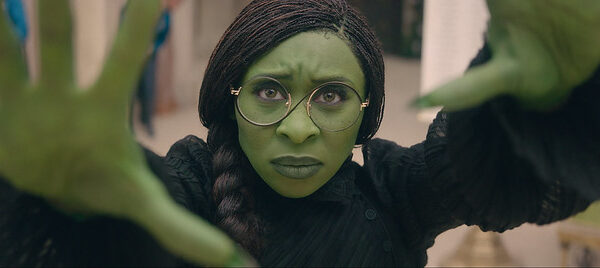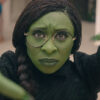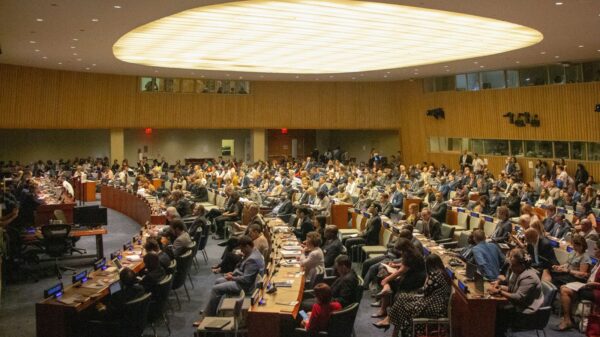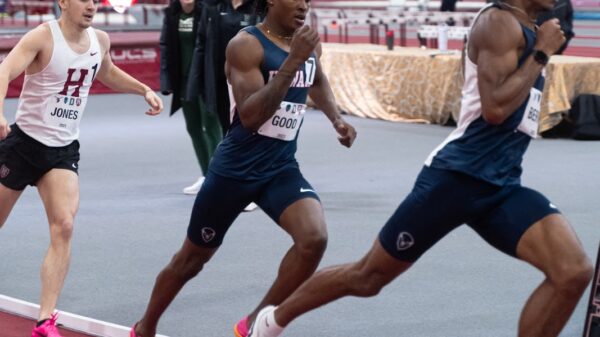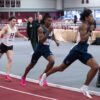Roller skating has long been a form of self-expression in the Black community. With hit movies like “ATL” and “Roll Bounce” bringing the Black skating experience to the mainstream, the activity has been a tool for self-liberation for many.
Howard University’s Roller Skating Club was started in September of 2022, when Jaylin Grant and Christina Copeland were looking for a place to have fun and skate. The two quickly saw the difficulties of finding a place to skate near campus.
“We first went to the lower gym in Burr Gymnasium where we were immediately told to leave. Next, we went to Banneker tennis courts and skated for 20 minutes when an officer arrived and told us to leave. He said that the taxpayers had a right to play tennis on the courts. At this moment I realized our campus needed a skating community. Having the police escort you off a tennis court for roller skating is a memory I never thought I’d have,” Grant said.
This wasn’t the first time there was heated tension regarding Black roller skating. In the 1950s, skating rinks offered only one night per week where the Black community could come and skate. The night was originally called “Black Night,” but code names such as “Soul Night” or “Martin Luther King Night” became popular during the Civil Rights movement.
Jie Reid, a freshman computer science major, and a HU Roller Skating Club board member, talks about the importance of roller skating in the Black community.
“Skating is deeply linked with Black history in America. Roller skating keeps communities together, keeps kids off the streets, and jump-starts many famous Black musicians. It is important to have Black faces on skates to keep its rich history alive as roller skating is not as popular nowadays,” Reid says.
According to Statista, the roller skating industry saw a decrease from 19.8 million skaters in 2006 to 15.5 million in 2017. With the Great Recession of 2008 hurting the industry detrimentally, roller rinks are having trouble regaining their popularity of roller skating back. Howard University’s Roller Skating Club has sessions every week to re-spark interest.
The skating sessions for the club provide skate lovers with a safe place to bond by practicing skate techniques and listening to music. The club meets at the Banneker basketball court, the tennis court or DMV All Skate Social on weekends.
Genesis Anderson, a sophomore health management major and vice president of the roller skating club, shared that students can join the club by accessing the GroupMe that is linked to their Instagram page.
“The sessions are really cool. You can come out and bring your skates and just have fun. We play music and make up routines to do during our skate session at the rink. But, it’s really just us skating and having fun,” Anderson said.
The Howard Roller Skate Club posts weekly content about their skating sessions and people interested can find them on Instagram @hurollerskate.
Copy edited by Nhandi Long-Shipman






